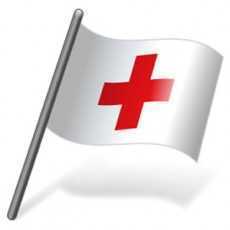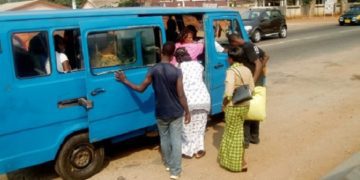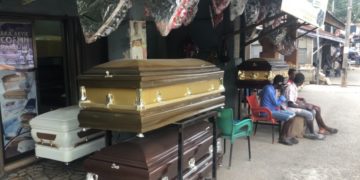[ad_1]
The teams will use megaphones at public places including; markets and radio stations and community information centres to spread the message on the disease to inform behavioural change towards halting its spread.
The teams are made up of the District Officers of the National Disaster Management Organisation (NADMO) and District Officers of GRCS, Health Promotion and Disease Control Officers, and two volunteers of GRCS.
The Districts, where they would carry out their activities include; Chereponi, Bunkpurugu/ Nakpanduri, East Mamprusi, West Mamprusi, Bole, Sawla-Tuna-Kalba, North Gonja, Saboba, and Tatale-Sanguli, located in the North East, Savannah and Northern Regions.
This followed a day’s review meeting in Tamale on Thursday, and attended by members of the teams to review the GRCS’s activities in the area of emergencies and what to do during this COVID-19 pandemic to save lives.
The review meeting, organised by the GRCS in collaboration with NADMO and the Ghana Health Service (GHS) with support from the Swiss Red Cross, was also used to update participants on the facts about the COVID-19, the precautionary measures to contain it and risk communication on it to enable them to better educate members of the public on the disease.
The country confirmed two cases of COVID-19 on March 12, and by April 15, the number of confirmed cases rose to 641 with eight deaths.
Mr Abdul-Rahamani Yussif, Northern Regional Manager of GRCS, during the review meeting, said the move was in line with their emergency activities to strengthen community resilience to save lives.
Mr Abdul-Rahamani said the GRCS officers and volunteers were initially visiting homes to educate residents in the communities on the disease but had to suspend it because of fears of infections, hence the decision to use radio stations in the communities.
He advised members of the teams to be guided by the code of conduct of the GRCS and observe the highest standard of precaution in the discharge of their duties, emphasising that “As much as you want to save lives you need to protect yourselves from being infected with the virus.”
He further advised them to desist from sharing unsubstantiated information and rumours about the disease on social media to avoid misleading community members.
Mr Iddrisu Abubakari Ziblim, Northern Regional Human Resource Manager of NADMO reminded the participants that the education on the COVID-19 was a national exercise and urged them to be effective on the field.
On motorbikes that were recently distributed to District Officers of NADMO, he said it would enable them to visit and educate the communities.
Madam Rahinatu Yakubu, Northern Regional Health Promoter at the GHS urged them to be sensitive in communicating messages on the disease to the citizenry to enable them to appreciate and ensure community behavioural change towards response against the disease.



















